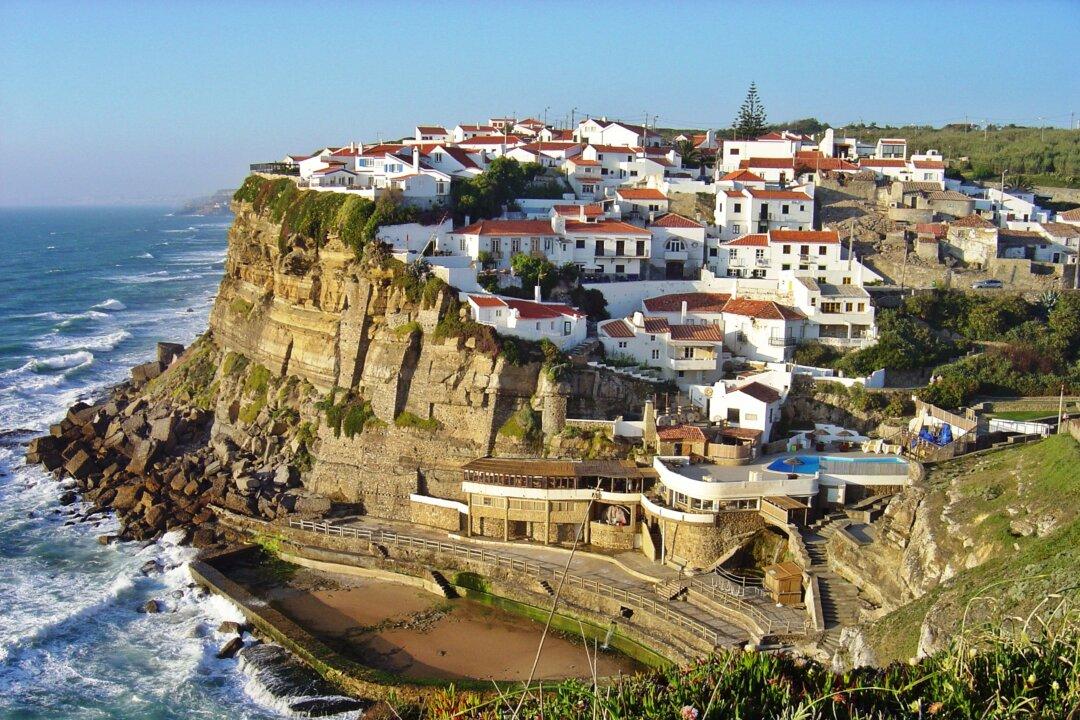Several golden visa schemes have been launched by European countries in recent years. All have differing levels of investment in real estate to qualify but more importantly the residency and citizenship benefits of the various programmes can vary greatly.
The essential ingredient of each programme is the granting of a residency visa subject to a certain level of investment in real estate in the country concerned.
The benefit of the European schemes is the requirement not to have to live in the country concerned in order to retain and renew the visa. There are minimum visiting requirements in many cases for renewal, typically as low as just two weeks every two years.
The lack of a requirement to reside has opened the programmes up to a whole market of investors who have no intention of leaving the country they live in. Many of the investors are frequent business or leisure travellers. Some programmes enable the granting of a Schengen visa, and this is particularly beneficial for people who travel frequently throughout the EU Schengen visa zone, thereby avoiding the need to keep renewing travel visas. Again, careful planning is needed because certain countries, such as Cyprus, are outside the Schengen zone.
The need not to have to reside also keeps investors outside the clutches of taxation for that country except for assets physically located there. But the holding of the golden visa acts as an insurance policy for the future in what are uncertain times for many countries. Once the residency visa is granted, the holder, and often their family, has the right to live in that country, indefinitely, as long as the investor visa is renewed.
Citizenship and a European Passport
When it comes to citizenship and the granting of a passport, the programmes differ between the various European countries. Some, for example Spain, require permanent residence in the country first before granting citizenship. Others, such as Portugal, do not and are more flexible in timescale and requirements. With citizenship of an individual EU country comes citizenship of the EU. One of the founding principles of the EU is the free movement of its citizens. This means the right to live, work or study anywhere within the European Union. That includes all the member states including the United Kingdom.
Family
A key consideration for many investors is the granting of visas to family members. Again, programmes can differ, but generally partners and dependent children, sometimes those in full-time education, will be included. Where family members fall outside these criteria it is possible with some countries to combine several investments into one property: for example, two €500,000 investments combined into one property of €1 million, or multiple properties combined into one investment of €500,000.
Real Estate Investment
Security and investment return for investors are key. Many properties are bought for visa investment without the intention to live in or use the property. Seeking advice in this area is important for obtaining the right property to achieve long-term capital gain, rental return and management of the asset, which avoids the investor having to take an active part going forward. It is important to choose the right area for rental. Some coastal areas or golf resorts are good for holiday rental, allowing use by the owner between rentals – a lifestyle option combined with income. Property in cities tends to be let longer term without rental gaps but offer few opportunities for personal use. Guaranteed rental schemes on some properties can offer a number of weeks each year for personal use and a guaranteed yield.
The Market
The real estate market and its point in the cycle differs between countries. In general, real estate prices post-credit crisis have been depressed 20 per cent to 30 per cent and are now seeing a turn. Cities like Barcelona, Madrid, and Lisbon offer opportunities for investors. In Lisbon, demand for over 1,000 visas this year is itself starting to move the market at the €500,000 and above price level. The lack of supply is beginning to push up prices.
Requirements
The EU programmes on offer provide very few hurdles. Once the minimum investment in real estate is made (for example €500,000 in Spain or Portugal, €300,000 in Cyprus, €250,000 in Greece) investors have very few criteria to satisfy. Requirements are essentially a lack of criminal record, not having previously been refused entry to the EU Schengen visa countries, and possessing sufficient medical insurance.
Process
The process is fairly straightforward. It can differ by country but that of Portugal is a good example to use. It is often advisable to set aside a few days to visit the country. During this visit, your adviser can view real estate options with you and meet with lawyers who act directly for the client. It is important to set up a bank account while in the country and to visit the immigration authorities for fingerprinting and photographing. After that, the appointed lawyers are able to take care of processing the property purchase and subsequently the granting of the visa. After property purchase it can take typically 4–8 weeks for the residency visa to be obtained.
Paul Williams is CEO and founder of London-based La Vida International, which has been selling property to international investors since 2005, and specialises in golden visa programmes for several European countries. Contact via www.goldenvisas.com.
